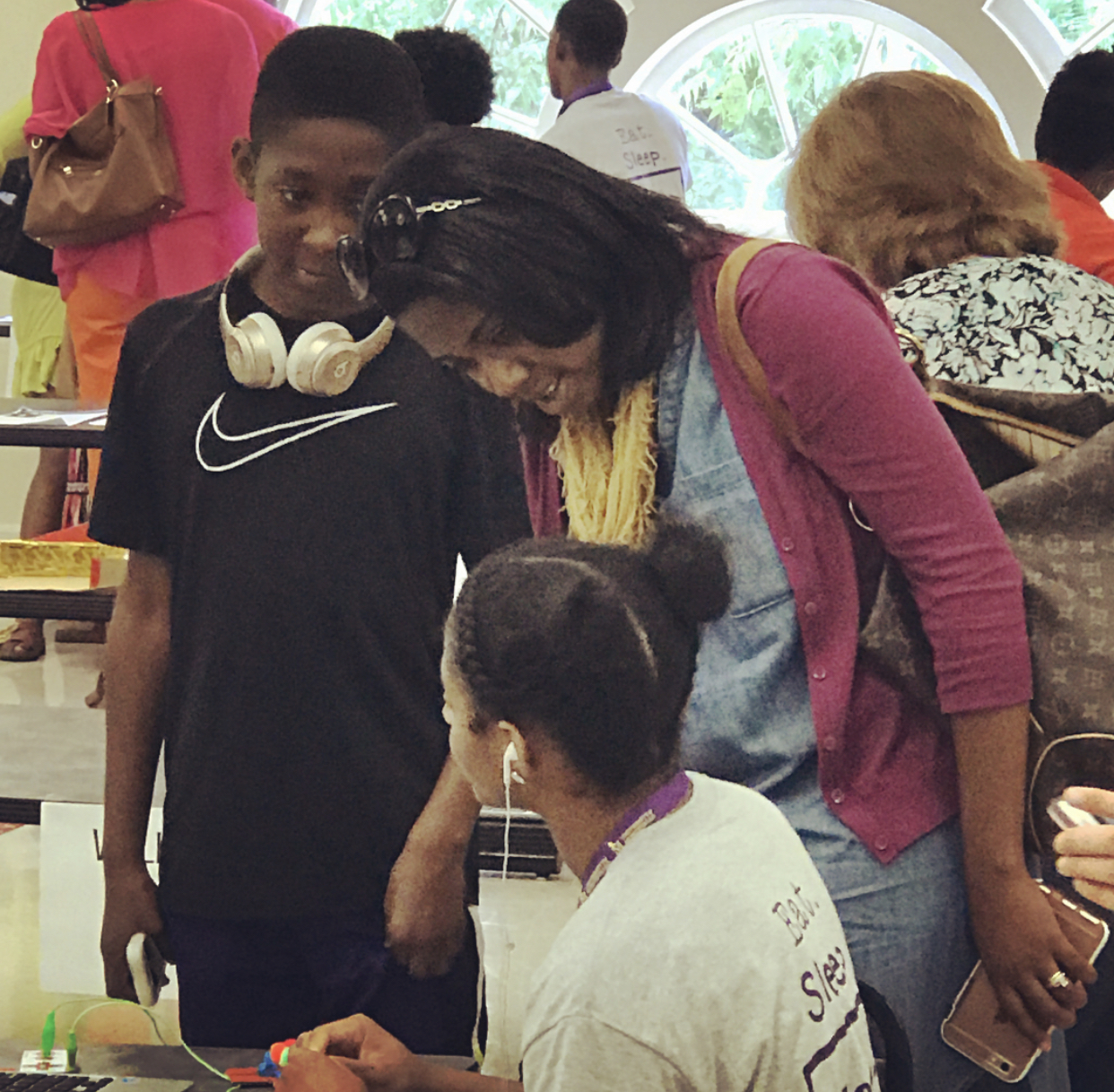The following column is courtesy of the Alabama Best Practices Center in Montgomery.
Movement restrictions aimed to slow down the spread of COVID19 have brought about a time of connectedness and isolation for many people. As days have turned into weeks and weeks into months, it’s clear that people have experienced similar yet different problems and challenges.
For some, spending more time with household family members was time long overdue. Even so, many found it challenging to spend 24 hours a day, week after week, without much personal time and space. Then there are the single-person households where there wasn’t anyone but them.
Our need for physical distancing also increased people’s reliance on technology as a primary source of communication with those outside of their households.
While technology has played a positive role in helping people stay connected, I think we can all agree there is absolutely no substitute for authentic human connection.
We Are Better Together
In "Together," Dr. Vivek Murthy presents a case for why we as human beings are better together. Murthy additionally offers four key strategies to prevent loneliness and enhance human connection:
- Spend time each day with those you love
- Focus on each other
- Embrace solitude
- Help and be helped
 Murthy notes that “culture and traditions affect the quality of loneliness and connectedness by shaping our social expectations.” It has been my experience in educating children from various backgrounds and cultures, that loneliness has too often brought about a badge of shame. The act of simply admitting that one is lonely sets off our educator alarms and an underlying worry about whether the child feels likable or lovable.
Murthy notes that “culture and traditions affect the quality of loneliness and connectedness by shaping our social expectations.” It has been my experience in educating children from various backgrounds and cultures, that loneliness has too often brought about a badge of shame. The act of simply admitting that one is lonely sets off our educator alarms and an underlying worry about whether the child feels likable or lovable.
As stated throughout Together, loneliness can put one in a psychological state of stress and when prolonged can lead to chronic health issues. In a recent interview at the National Basketball Association website, Dr. Murthy defines loneliness as “a subjective feeling where the connections we need are greater than the connections we have.”
In other words, one can be in the physical presence of others but still feel lonely. Without multiple connections that satisfy our needs, loneliness brings about a feeling of isolation, and one never feels like he/she can be his/her authentic self.
A Sense of Structure
Commenting recently at Healio about the psychological impact of COVID-19 isolation, Dr. Jena Lee, medical director of pediatric emergency psychiatry at UCLA, said that loneliness and anxiety in children can be abated when they have a sense of structure.
“Daily structure is important to everyone, but particularly to children in their psychological and emotional development,” Lee stressed. “The consistency of schedules, predictable rules and consequences, and set expectations teach children how to behave, develop self-discipline and impulse control and, importantly, a sense of safety and control.”
The extent of this challenge, according to Lee, depends on the family’s ability to provide support and structure at home. “Children learn from watching adults, and since they will often be at home together now, they will observe not only what the adults in the home say, but also how they implement structure, ensure consistency and deal with their own emotions.”
“Teaching parents the importance of daily structure and consistency in their responses to their children’s behaviors is a priority.”
 In the same article, and related to older children and adult caregivers, sociologist Dr. Louise Hawkley of the National Opinion Research Center at the University of Chicago, notes that “research has shown that loneliness increases risk for depression and anxiety and heightens feelings of stress — factors that contribute to worsening physical health and poor health behaviors, including substance abuse, poor nutrition and more sedentariness, as well as poor sleep quality.”
In the same article, and related to older children and adult caregivers, sociologist Dr. Louise Hawkley of the National Opinion Research Center at the University of Chicago, notes that “research has shown that loneliness increases risk for depression and anxiety and heightens feelings of stress — factors that contribute to worsening physical health and poor health behaviors, including substance abuse, poor nutrition and more sedentariness, as well as poor sleep quality.”
The Healing Power of Connection
To build a more connected life, one must start by:
Connecting with Self — Noticing your feelings, naming your feelings, accepting your thoughts and feelings, engaging in enjoyable solo activities and practicing self-compassion is just the beginning.
Being a Part of a Community — “No one person can accomplish anything alone. Everyone must work together and support one another to achieve something great.” ~ Isaac Newton. Community is what unites us. Community gives us opportunities to connect. Community is where we have opportunities to help and be helped. Community cultivate an environment of safety and security.
Teaching Future Generations — “Let the future say of our generation that we sent forth mighty currents of hope and that we worked together to heal the world.” ~Jefferey Sachs
In these pandemic months, spending time learning about the dynamics of loneliness and connectedness helps us better serve our students, families and communities. It’s part of the lifelong mission of educators to not only teach but to heal through the power of authentic human connections.
